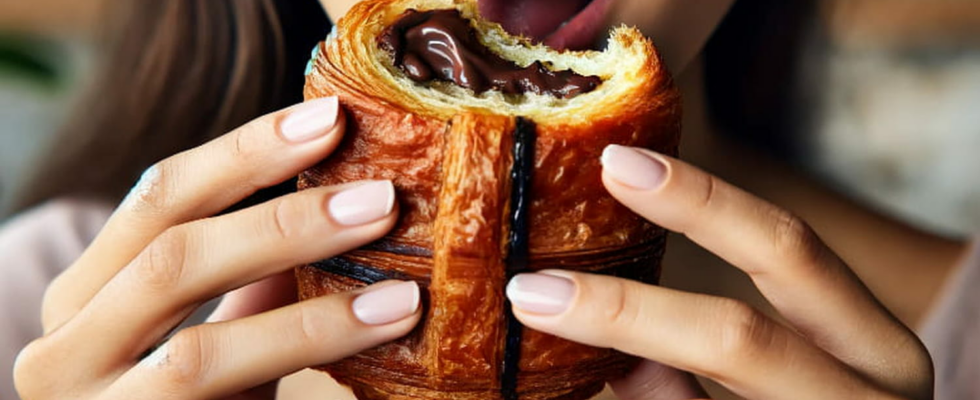“It’s not just a pleasure reserved for children” according to our nutritionist.
It’s 5 p.m. and the desire for a pain au chocolat, a piece of toast or a cookie is irresistible? Although it is very common among children and adolescents, snacking tends to be singled out in adulthood, often synonymous with snacking and therefore weight gain. But is snacking so bad for your health? Should we really deprive ourselves of it? Here is the clear (and guilt-free) answer from a nutritionist.
First of all, the very idea of ”depriving yourself” of something is rarely a good thing in itself because it promotes frustration and therefore compulsive cravings. “As adults, we often associate snacking with snacking even though they are two different things: snacking means eating whatever comes to hand at any time of the day, in one or more installments. On the other hand, the snack, also called snack, serves, as for children, to distribute and/or adjust our nutritional intake over a day by adding a small meal that is lighter than the other three (breakfast, lunch and dinner).“, describe Coralie Costi, dietician-nutritionist. This also ensures that you do not arrive hungry at dinner, because otherwise you risk eating more quickly and in larger quantities, which could cause digestive problems (bloating, heaviness, etc.) and weight gain.
It is also completely normal to be hungry (and want to eat) in the middle of the afternoon) because 4 to 5 hours after the last meal, our pancreas begins to secrete insulin, which causes mild hypoglycemia characterized by a natural decrease in our blood sugar level. A snack helps counter this drop in blood sugar. “Although it is not essential to have a snack when you are an adult, it can be an excellent way to balance your diet during the day by focusing on the “snack + light dinner” combo and to enjoy give a real break in the afternoon which restores energy and concentration“, insists our expert. Snacking is even more important for people who have a large energy expenditure during the day (athletes, physical professions, etc.), in the case of diabetes (the composition of the snack will need to be defined with your doctor) , in the elderly (who have a high risk of malnutrition) or during pregnancy.
Yes to snacks, but be careful not to eat just anything. The golden rule for not gaining weight is to have a balanced snack that represents approximately 10 to 15% of the total nutritional intake of the day, or approximately 250-300 calories: “the snack can consist of a dairy product (a glass of milk, a yogurt, or why not a piece of cheese for those with a salty tooth such as Emmental), a piece of fruit or vegetable sticks, a handful oilseeds (almonds, cashew nuts, etc.) and, if you have a significant energy expenditure during the day, a cereal product such as a slice of wholemeal bread for example. Of course, nothing stops us from also adding a small square of chocolate for indulgence“, explains Coralie Costi. And what about very sweet products like pastries or cakes? It’s only occasional and “for pleasure”.
